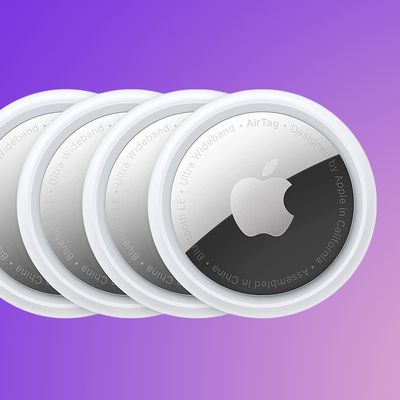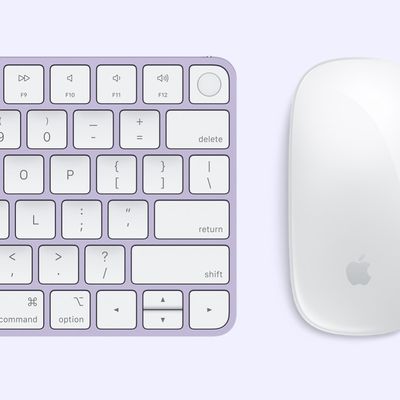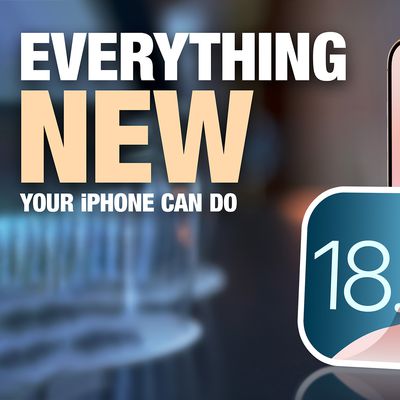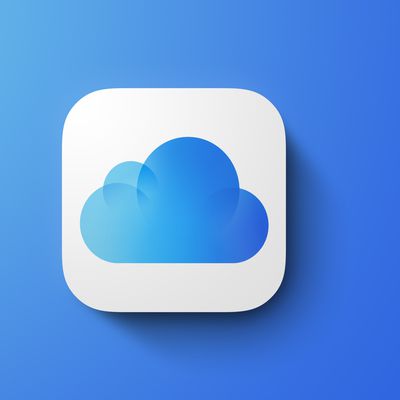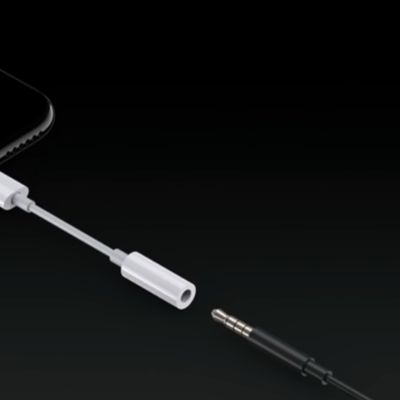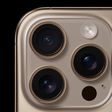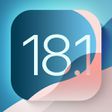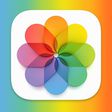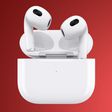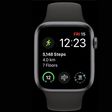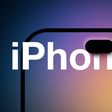Upon returning to Apple in the late 1990s, Steve Jobs came up with a 2×2 product grid in an effort to simplify Apple's then-bloated lineup of computers. The grid was split into four quadrants, including a professional desktop, a consumer desktop, a professional portable, and a consumer portable.
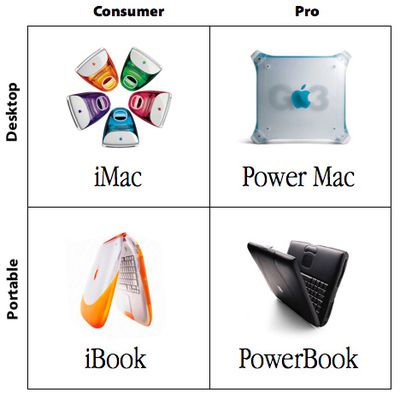
Today marks the 20th anniversary of Jobs unveiling the fourth and final product in the grid, the iBook, at the 1999 Macworld Expo in New York City.
Targeted at consumers and students, the iBook easily stood out from other notebooks of its era with its unique clamshell-like design, consisting of hard, translucent plastic casing topped with soft, colorful rubber. Initial colors included Blueberry and Tangerine, with later models available in Graphite, Indigo, and Key Lime.
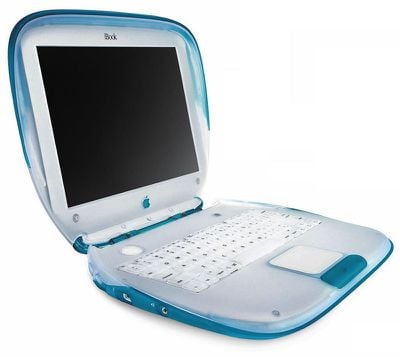
The original iBook, priced from $1,599, was equipped with a 12.1-inch display with an 800×600 resolution, a full-sized keyboard, and a trackpad. It also featured a retractable handle along its hinge, with Apple calling it an "iMac to go," although it was decently heavy at 6.7 pounds — even for its time.
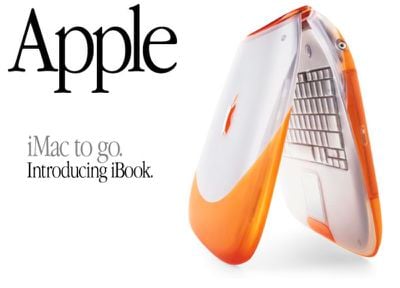
Above all, the iBook was the first mass consumer product with support for wireless networking, with the 802.11b standard allowing for speeds up to 11 Mbps. Wireless support was not built in and required purchasing an optional $99 AirPort wireless card and a $299 AirPort base station.
Jobs demonstrated the iBook's wireless networking by walking across the stage with the notebook while loading a website, with the audience erupting in cheers. He then placed it through a hula hoop to prove there were no cables attached.
Memorably, a younger Phil Schiller even jumped from a height while holding the iBook as it wirelessly transferred accelerometer data. Referencing the 30th anniversary of the Apollo 11 landing, Schiller quipped "this is definitely one small step for man, and one giant leap for wireless networking."
Other tech specs included a 300MHz PowerPC G3 processor, 3.2GB hard drive, 32MB of RAM, ATI Rage Mobility graphics, 10/100 Ethernet, a CD-ROM drive, and up to six hours of battery life. To keep costs down, it had no FireWire port, video out, or microphone, and only one speaker and one USB port.
Apple went on to introduce a redesigned iBook with a more traditional notebook design in May 2001, followed by the white polycarbonate MacBook in 2006, but the original will always be an important part of Apple's history.
Last year, YouTubers iJustine and MKBHD teamed up to unbox an original, sealed iBook:
For more nostalgia:
- CNN news article about the iBook from July 21, 1999
- CNN interview with Steve Jobs from July 21, 1999
- iBook page on Apple.com circa October 1, 1999
We invite any readers who still own an iBook to share a photo in the comments section.


